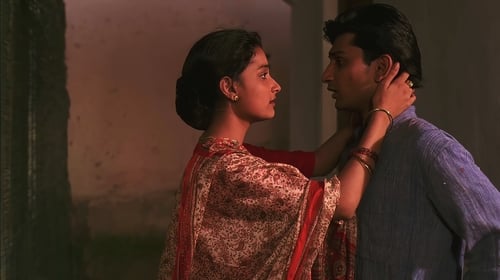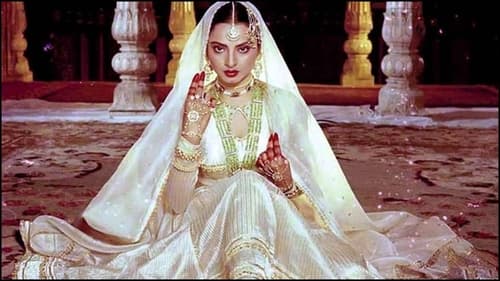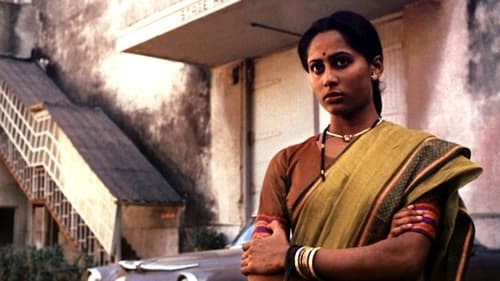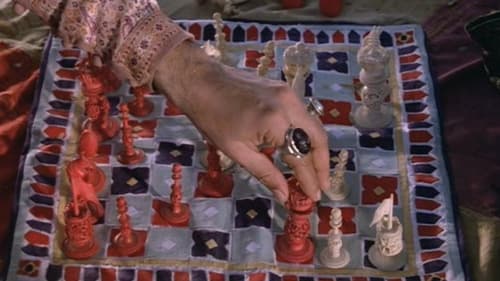
Screenplay
Biopic on the father of the nation of Bangladesh, Sheikh Mujibur Rahman. The film will showcase his growing up as a child to his standing up against all injustice in his youth to fighting for the independence of his country. How he led a country to it's independence with his inspirational presence and fight for the justice.

Writer
A period drama set in the year 1877 that narrates the love story of a revolutionary courtesan.

Writer
Samvidhaan: The Making of the Constitution of India is a ten-part television mini-series based on the making of the Constitution of India.

Dialogue
A man shares some lazy memories about his friend, Manek Mulla, who had a knack for telling stories. On this particular afternoon, Manek narrates a 'unique' love affair with the help of different stories, various characters' point of views and the social relevance of these stories. As these stories proceed, reality mixes with fiction.

Dialogue
Set in 1961 Goa, this is a story of a rich and influential Goan family and what happens to them over a period of time. The movie is narrated in past-tense by one of the friends of the family.

Writer

Writer
The denizens of a brothel deal with internal drama, as well as pressure from greedy land developers and an anti-sex work politician to leave town.

Screenplay
Amiran is sold to a brothel by a corrupt cop after her father testifies against him. Many years later, she grows up to be an accomplished poetess and a renowned courtesan, Umrao Jaan.

Screenplay

Art Direction
A girl learns music from her courtesan grandmother and breaks into the burgeoning show business industry of 1930s Bombay, which eventually leads to decades of superstardom as well as romantic entanglements.

Dialogue
It is the year 1856. Nawab Wajid Ali Shah is the king of Awadh, one of the last independent kingdoms of India. The British colonialists, intent on controlling this rich land, have sent general Outram on a secret mission to clear the way for an annexation. Pressure is mounting amidst intrigue and political manoeuvres, but the Nawab whiles away his time in pursuit of pleasure and religious practice. The court is of no help either—Court nobles Mir and Mirza, ignoring the situation of their country and all their duties towards their families, spend their days playing endless games of chess. The film is based on Munshi Premchand's short story of the same name.

Costume Design
It is the year 1856. Nawab Wajid Ali Shah is the king of Awadh, one of the last independent kingdoms of India. The British colonialists, intent on controlling this rich land, have sent general Outram on a secret mission to clear the way for an annexation. Pressure is mounting amidst intrigue and political manoeuvres, but the Nawab whiles away his time in pursuit of pleasure and religious practice. The court is of no help either—Court nobles Mir and Mirza, ignoring the situation of their country and all their duties towards their families, spend their days playing endless games of chess. The film is based on Munshi Premchand's short story of the same name.

Writer
The film is derived from a classic folk tale, originally narrated by Vijaydan Detha, and interpreted as folk play by Habib Tanvir. The film charts the tumultuous life of a petty thief, Charandas (Lalu Ram). Curiously he is a man of principles – an honest thief with a strong sense of integrity and professional efficiency. He makes four vows to his Guru, that he would never eat in a gold plate, never lead a procession that is in his honour, never become a king and never marry a princess, thinking all of them are far out possibilities for him. Later, his guru adds a fifth one - never to tell a lie and sets him of on his life's journey which leads him to a kingdom..

In post-Partition India, a Muslim businessman and his family struggle for their rights in a country which was once their own.

Screenplay
In post-Partition India, a Muslim businessman and his family struggle for their rights in a country which was once their own.











